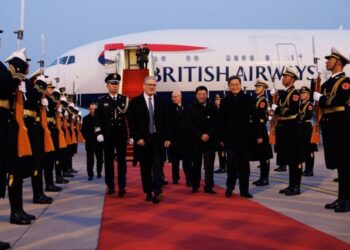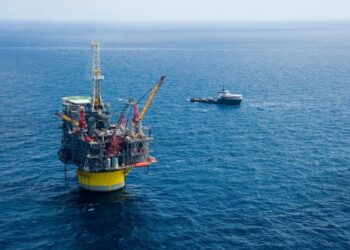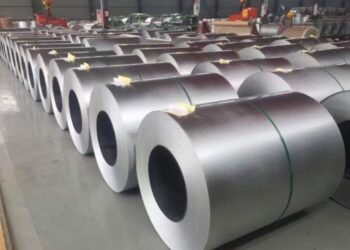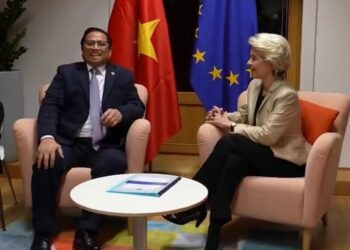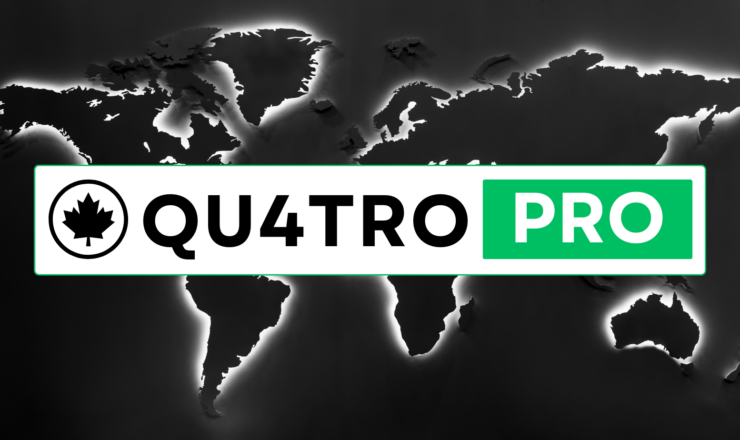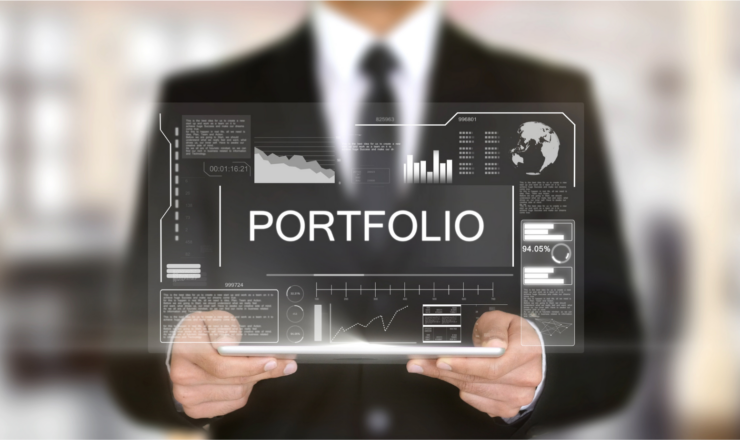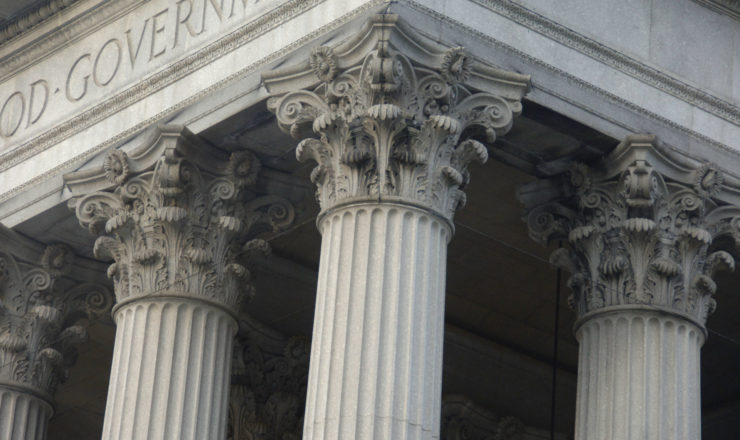Read Industry Insights
-
Norway backs $2bn long-range rockets for Arctic deterrence
Norway has now given parliamentary backing to a major long-range fires purchase intended to strengthen deterrence on its northern flank, explicitly framed around the Arctic theater where Norway shares a border with Russia.
The Storting’s approval covers a package valued at about 19.5 billion Norwegian crowns (roughly $2 billion) for 16 launcher vehicles plus an undisclosed stock of rockets, with supporters arguing that the ability to strike far behind an adversary’s front line has become a defining feature of contemporary warfare, an assessment shaped as much by Ukraine’s battlefield lessons as by Norway’s own geography and sparse northern basing options.
January 28, 2026 -
Starmer aims for China access without triggering a transatlantic rupture
Keir Starmer’s arrival in Beijing on Wednesday with a deliberately mixed delegation, consisting of City of London finance, cultural “soft power” figures, and manufacturing leadership, signals a classic UK objective in a less forgiving geopolitical environment: deepen commercial access to China, especially in services, without triggering a rupture either with domestic security hawks or with Donald Trump’s White House.
Starmer framed the visit in explicitly pragmatic terms, encouraging British firms to “seize opportunities” in the world’s second-largest economy, while also emphasizing that engagement must be bounded by national-security guardrails after years in which UK-China ties were battered by disputes over Hong Kong, espionage allegations, and strategic technology concerns.
January 28, 2026 -
High-impact drilling tilts to Africa as deepwater returns to favor
Africa is emerging as the focal point of the oil industry’s global “reserve replacement” push in 2026, not because the rest of the world has stopped exploring, but because the continent offers the rare combination that today’s majors crave: genuinely large, still-underexplored petroleum systems paired with projects that can move the needle for corporate portfolios.
Africa is taking roughly 40% of the world’s “high-impact” exploration wells, with targets judged capable of delivering discoveries big enough to matter strategically, while also leading the slate of ultra-deepwater prospects, with around a dozen wells planned in water depths of 1,500 meters or more.
January 28, 2026 -
Zinc squeeze lingers as cancelled warrants rise and exports fade
Zinc has entered 2026 behaving like a market that refuses to obey its own fundamentals. The consensus heading into 2025 was that a wave of new mine supply would tip the system into comfortable surplus and pull prices lower. Instead, the market was jolted by an acute squeeze in October, and prices have now pushed up to around three-year highs on the London Metal Exchange, forcing traders and producers to reprice what “surplus” actually means when metal is stranded in the wrong place.
To understand why this matters, it helps to remember what zinc is in the real economy: it is the metal of corrosion protection. Its fortunes are tightly bound to galvanised steel used in construction, automobiles, appliances, infrastructure and industrial equipment.
January 28, 2026 -
China’s steel output slips below peak, but iron ore demand holds firm
China’s steel sector appears to have crossed a structural turning point, with 2025 output falling to its lowest level in seven years and slipping back below the symbolic one-billion-ton threshold. Official data show crude steel production of about 960 million metric tons, down more than 4% from the previous year.
While that decline looks modest on the surface, its importance lies less in the size of the drop than in what it signals: China’s long era of relentlessly rising steel output is very likely over, and the country is now managing a controlled descent from peak production rather than riding out a cyclical dip.
January 28, 2026 -
EU elevates Vietnam ties, targets minerals and chips cooperation
The European Union and Vietnam are preparing to elevate their relationship to Hanoi’s top diplomatic tier during European Council President António Costa’s visit to Hanoi on Thursday, using the upgrade to anchor a broader economic and strategic agenda that goes well beyond tariffs.
A draft joint statement sets out cooperation priorities in critical minerals, semiconductors, and major infrastructure, while also sketching a more explicitly geopolitical alignment around “trusted” telecommunications networks, maritime security, and support for a rules-based international order.
January 28, 2026 -
U.S. drafts broad Venezuela oil license to speed exports, repairs
U.S. officials are preparing a broad “general license” that would reopen parts of Venezuela’s energy sector to sanctioned activity, marking a tactical shift away from the stop-start approach of granting one-off permissions to individual companies.
The immediate rationale, as described in recent U.S. briefings, is to accelerate a $2 billion oil-supply arrangement and unlock investment tied to a far larger reconstruction ambition for Venezuela’s oil system, an effort framed by Washington as newly feasible after the reported U.S. capture of Nicolás Maduro earlier in January and the installation of an interim government in Caracas.
January 28, 2026 -
China’s demand weakness turns industrial strength into a political liability
The micro-level retrenchment maps onto a broader imbalance that has become China’s defining economic problem: households and small businesses are cautious, while factories and industrial ecosystems continue to produce at scale.
When consumption is weak but supply keeps expanding, the clearing mechanism is usually price. Companies discount to move inventory, profits compress, and investment returns deteriorate. That, in turn, encourages employers to cap wages, slow hiring, or cut staff, which reduces household income growth and reinforces consumer restraint.
January 28, 2026
Couldn't see what your are looking for?
Type any keywords to search our insights database.
Also use regional and sectoral filters in the top menu bar.
Explore Our Services
Get Top Insights Today




